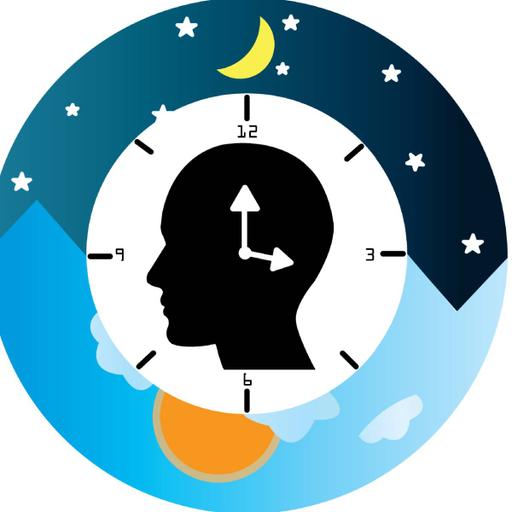Circadian Rhythm
Presentations | English
Circadian rhythms are physical, mental, and behavioral changes that follow a 24-hour cycle. These natural processes respond primarily to light and dark and affect most living things, including animals, plants, and microbes. When circadian rhythm is thrown off, it means that the body's systems don't function optimally. Circadian rhythms can influence important functions in our bodies, such as hormone release, eating habits and digestion, body temperature. In 2017, researchers Jeffrey C. Hall, Michael Rosbash, and Michael W. Young won the prestigious Nobel Prize for their circadian rhythms research. The scientists showed that the gene produces a protein that builds up in cells overnight, then breaks down during the day. This process can affect when you sleep, how sharply your brain functions, and more. All three researchers were funded by NIGMS when these major discoveries were made.

Free
PPTX (40 Slides)
Circadian Rhythm
Presentations | English
